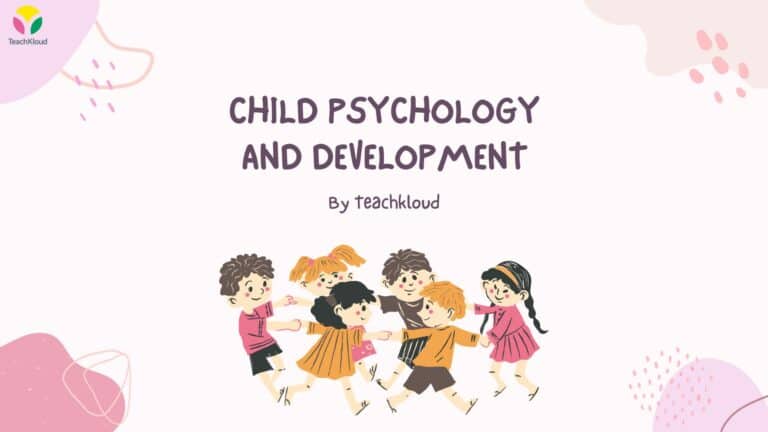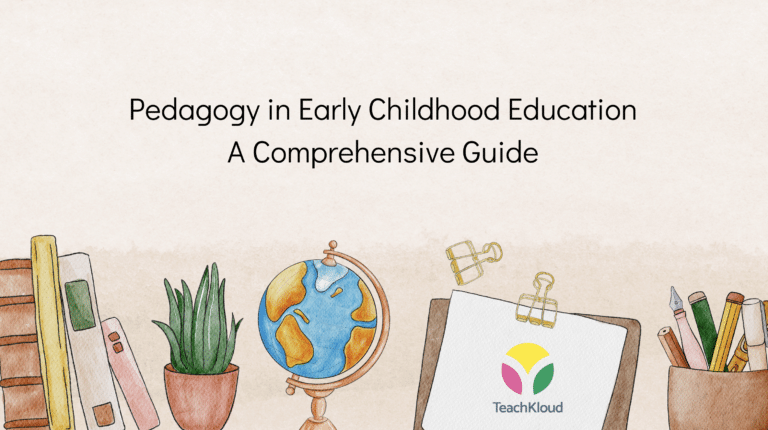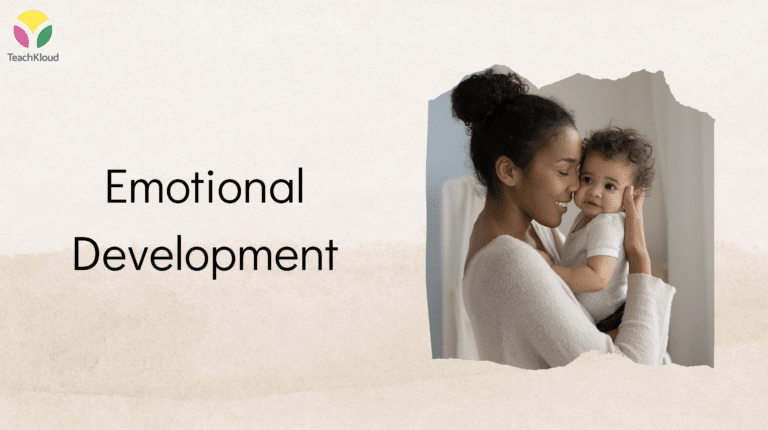The Importance of Independent Learning in Early Childhood Education
Recognising independent learning as a key ingredient in early childhood education is the first step towards fostering an environment conducive to growth and development. Independent learning is when children take the responsibility for at least some of their learning experiences and education, setting their own goals, determining how they’ll reach those goals, and reflecting on their educational journey — without the constant involvement of adults.
There are numerous benefits of independent learning in the early years. Children who engage in independent learning also learn to think critically, solve problems, and apply skills across different situations. They develop a deeper understanding of the world around them and their place in it.
- Critical Thinking: Independent learning encourages children to analyse, evaluate, and understand a situation before taking a course of action. This sharpens their critical thinking skills, positioning them to make informed decisions.
- Problem Solving: Because independent learning often requires a degree of trial and error, children learn to solve problems on their own, fostering resilience and grit.
- Transferable Skills: When children direct their own learning, it promotes the application of skills across various situations. These transferable skills are priceless in the journey of life and learning.
- Self-understanding: Independent learning allows children to understand their strengths, weaknesses, and learning styles. This boosts their academic performance and overall well-being.
The goal of early childhood education should not be limited to knowledge acquisition but on the holistic development of the child. For example, their social skills, how to learn, how to think, and fostering a passion for learning about the world.
Studies show that early childhood is a critical period for human brain development. The experiences children go through significantly shape their cognitive, social and emotional development. By fostering independent learning in the early years, we can set children on a path towards academic success, career readiness, and most importantly — enthusiasm for lifelong learning.
Creating a Supportive Environment for Independent Learning
Creating a supportive environment is a key element in fostering independent learning in children. In early childhood education, children thrive in an environment where they feel safe, comfortable and free to explore. This aspect not only improves the learning process but also significantly boosts their overall well-being.
Setting up a child-friendly environment is the first step towards supporting independent learning. Every pillar, corner, and object in the environment should motivate children’s curiosity. Choose resources that invite exploration and promote critical thinking. From colourful, textured materials to playful learning opportunities and provocations, each should prompt children’s interest and engagement. An inviting setup not only fuels imagination but also cultivates an enthusiasm for independent learning. When choosing resources, remember not to overwhelm the child. Start with a few options and gradually add more to maintain their interest. Keep it simple, yet stimulating. Changing the learning environment periodically will further spark curiosity and foster independent learning. In doing so, you’re shaping a little explorer who is always keen to discover more. Additionally, try making the environment as interactive as possible, inviting children to engage with materials in new and imaginative ways. Create spaces that inspire questions, spark ideas, and encourage creativity. Such surroundings not only motivate independent learning but also help to instil a lifelong love for learning. Above all, believe in your little learners’ potential and guide them gently, without unnecessary intervention, to make the most of their independent study time.
Encouraging Curiosity and Exploration
As a childcare professional, you have a unique opportunity to fuel children’s imaginations and satisfy their thirst for knowledge. A key strategy in promoting independent learning is the encouragement of curiosity and exploration.
Children are naturally curious and have a strong urge to explore and understand the world around them. Consequently, they are well-equipped to lead their learning journeys. Your role, therefore, involves providing the right environment and tools to encourage exploration, questions, and discovery.
- Create an environment filled with open-ended materials: Children can use these resources in any way they wish, which promotes exploration and allows them to express their creativity. Paints, blocks, clay, sand, water, and natural materials can stimulate a child’s imagination. We created a video series on doing just that! Watch it here and get your e-certificate to prove your new skills.
- Encourage questions: Foster a culture of inquiry by welcoming questions. You can even display questions asked by children and answer them over time, encouraging sustained curiosity.
- Plan experiences around children’s interests: When children are interested in something, they are more likely to be motivated to explore and learn about it. Not only does this promote inquiry, but it also makes learning meaningful.
Remember that exploratory learning is often messy – painting might go everywhere, sand may scatter, and water might spill. This is entirely normal. The focus should be on the process rather than the product, for it is through the process that children are actively learning.
Finally, children learn a great deal from observing others. So, model curiosity. Show them that you’re interested in the world around you. Your fascination will inspire them to be curious and exploratory in their approach to learning.
Nurturing a Growth Mindset to Foster Independent Learning in Early Years
Nurturing a growth mindset is a critical approach to fostering independent learning in young children. Here, children understand that abilities can be developed through dedication and hard work, which helps stimulate their love for learning and resilience when faced with challenges. This can greatly equip children to embrace an independent learning style from an early stage.
There are a number of ways you can help young minds to develop this growth mindset. Firstly, encourage a love for learning by praising effort rather than inherent ability. This helps children understand that it’s okay to make mistakes as long as they keep trying. In addition, expose children to a variety of experiences and activities, which allows them to find and pursue what genuinely interests them. Through these practices, young learners will be trained to approach challenges with tenacity and adaptability, ultimately fostering a can-do attitude and resilience. Maintaining a consistent and safe routine can be hugely beneficial as well. Whilst it allows children to predict what comes next, the resulting sense of security can often make students more willing to take risks and branch out independently. By providing some structure, children can be bold in their attempts to learn as they feel supported and safe. This nurturing process is pivotal in instilling courage and self-assurance in the early years, laying a solid foundation for fostering future independent learners. Furthermore, encouraging children to take on responsibilities within the established routine can also contribute significantly to their sense of independence. This can be as simple as assigning them roles such as tidy up leader. Such roles make them feel important and capable, which in turn boosts their confidence in their own abilities. Moreover, when children are given responsibilities, they learn to think for themselves, solve problems independently and make decisions – key skills for independent learning.
Providing Opportunities for Choice and Decision Making
When it comes to fostering independent learning in young children, equipping them with decision-making skills is paramount. These skills are an essential part of self-regulated learning, in which a child takes the initiative to direct their learning journey, guided by their choices and decisions. Therefore, your role as an early years educator involves creating opportunities where children are encouraged to make choices and decisions for themselves.
Offering choice
This could be as simple as providing a range of diverse learning opportunities and materials, for a child to choose from during free play. By doing so, you are able to influence the learning process without making decisions for them. Allow them the freedom to select their activity, providing guidance and support where necessary.
Benefits of Decision-Making Skills
When children make their own decisions, they are not only choosing what they want to do, but also accepting responsibility for their choices. This helps them understand the concept of cause and effect, and teaches them about consequence and responsibility. By providing ample opportunities for choice and decision making in daily routines and activities, you can foster a sense of independence and control in young children which contributes significantly to their individual growth and development. Remember, the aim is not just choice for the sake of choice, but meaningful decision-making that helps children understand their capability and the impact of their actions.
Tips for Encouraging Choice and Decision Making
Encouraging children to make choices and decisions at an early stage can play a pivotal role in fostering independent learning. Here are a few strategies you can employ to successfully help them develop these crucial skills: Begin by providing simple choices, perhaps during meal or play times. Gradually increase the complexity of these choices as their ability to make thoughtful decisions improves. Encourage dialogue about the choices made and the potential outcomes or consequences. This helps them understand the decision-making process and aids in linking consequences with their respective decisions (making sure these conversations are developmentally-appropriate). Incorporate activities that require problem-solving, this will promote analytical thinking. Most importantly, celebrate their choices, irrespective of the outcome, to boost their confidence and reinforce the importance of decision-making. Activities that encourage problem-solving include, puzzles, matching games, sorting activities, and pretend play scenarios that involve role-switching. Such activities call upon and help develop their cognitive faculties, enhancing their problem-solving skills over time. Always remember to keep the tasks age-appropriate (and or within their zone of proximal development) and not overwhelming. Your aim is to foster independence, not create unnecessary frustration or distress.
You’re Invited…
Our video series on creating open-ended learning opportunities that facilitate discussion, problem-solving and encouragement to try new things can be watched for free here.
Conclusion
In conclusion, fostering independent learning in early years is a vital task that shouldn’t be underrated. The journey towards achieving this shapes the child’s ability to think critically, make decisions, explore with curiosity, and develop a growth mindset. Using the strategies offered in this article, you, as a childcare professional, have the necessary tools to cultivate a learning environment that promotes independence and nurtures a child’s natural curiosity.
In the same vein, remember the huge rewards that come from nurturing a child’s independent thinking and decision making – it not only sets up the child for life-long learning but also helps in their overall personality development. While the road to fostering independent learning might require patience and consistency, the results are undoubtedly worth it.
You’re shaping future leaders, creators, thinkers and innovators. And if you employ the strategies we’ve discussed, you will be providing the springboard they need to leap into a lifetime of successful learning. For after all, every child is a natural-born explorer, ready to learn, if given the chance to do so independently.




